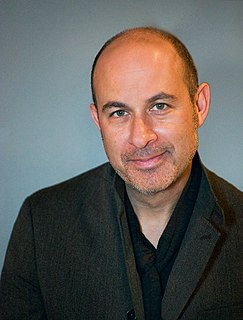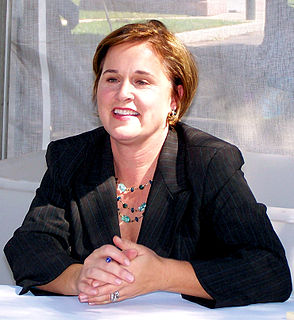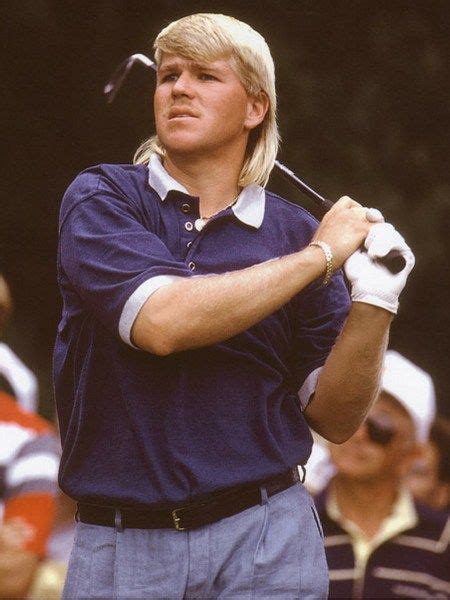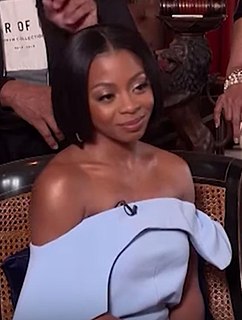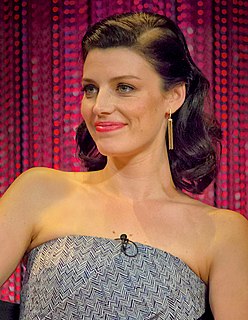A Quote by Nina Easton
Direct mail was the basis of a lot of new Right organizations in the '70s and early '80s, and it actually led to the downfall of the majority of them. It's very expensive, and you end up putting your organization more and more in debt if you're not successful with it.
Related Quotes
I think it's fascinating to note that some of the most successful organizations of our time got there by focusing obsessively on service, viewing compensation as an afterthought or a side effect. As marketing gets more and more expensive, it turns out that caring for people is a useful shortcut to trust, which leads to all the other things that a growing organization seeks.
Owners of capital will stimulate working class to buy more and more of expensive goods, houses and technology, pushing them to take more and more expensive credits, until their debt becomes unbearable. The unpaid debt will lead to bankruptcy of banks which will have to be nationalized and State will have to take the road which will eventually lead to communism.
When I was a kid, a lot of my parents' friends were in the music business. In the late '60s and early '70s - all the way through the '70s, actually - a lot of the bands that were around had kids at a very young age. So they were all working on that concept way early on. And I figured if they can do it, I could do it, too.
It's very interesting being an artist and a comedian, (because) you aim for jobs that will feed your ego, but when you get up to the precipice of them, you actually have to deliver. You actually have to understand that you're reaching a new level where there are way more eyes on you, way more expectations and way more pressure.
Worldwide, most people dress more casually these days, don't they? They have done for the last 20 or 30 years, I suppose. So, every place that I go to, the majority of people really wear jeans, trainers, T-shirt - everybody seems to dress more for comfort. Whereas, even in my lifetime, even up to the early-'70s, there was still that thing of dressing up.








